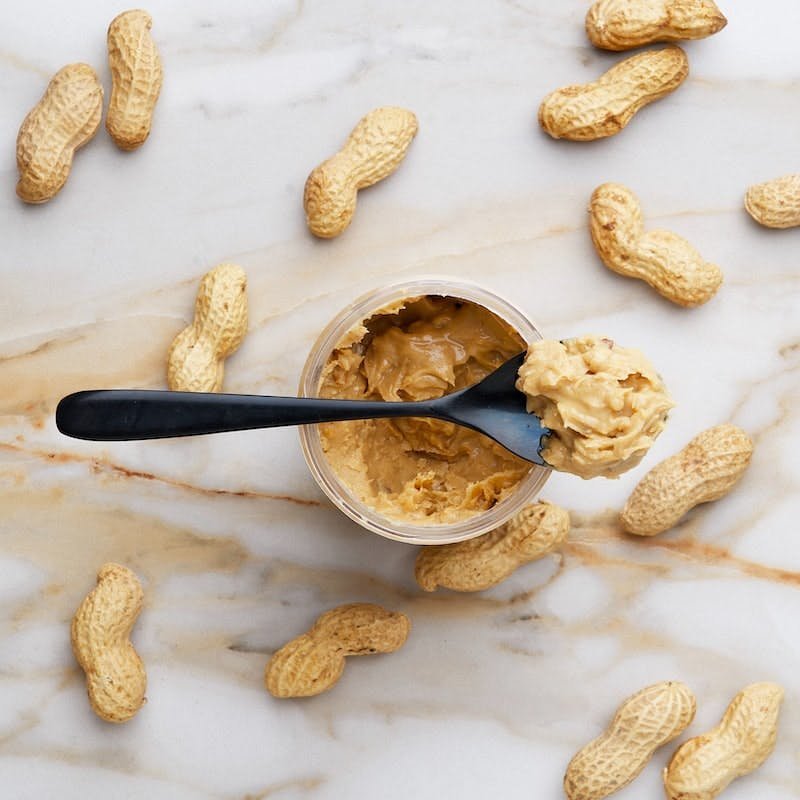
How to Overcome Food Allergies & Intolerances
Find out what causes food allergies and how to get back to eating the foods you love without reactions.

Immune Support for Kids
Kids get sick all the time. Here are some protocols, home remedies, and tools to help you support your little one.

It’s Time to Shake Up Your Salt Habits
Salt is more complex than you think. Learn how it affects your health, the different types of salts, and what to look out for at the grocery store.

How to Heal Those Cracked Heels

Wait, Should I Be Gluten-free?
It all begins with an idea.

My Favorite Liver Detox
It all begins with an idea.
